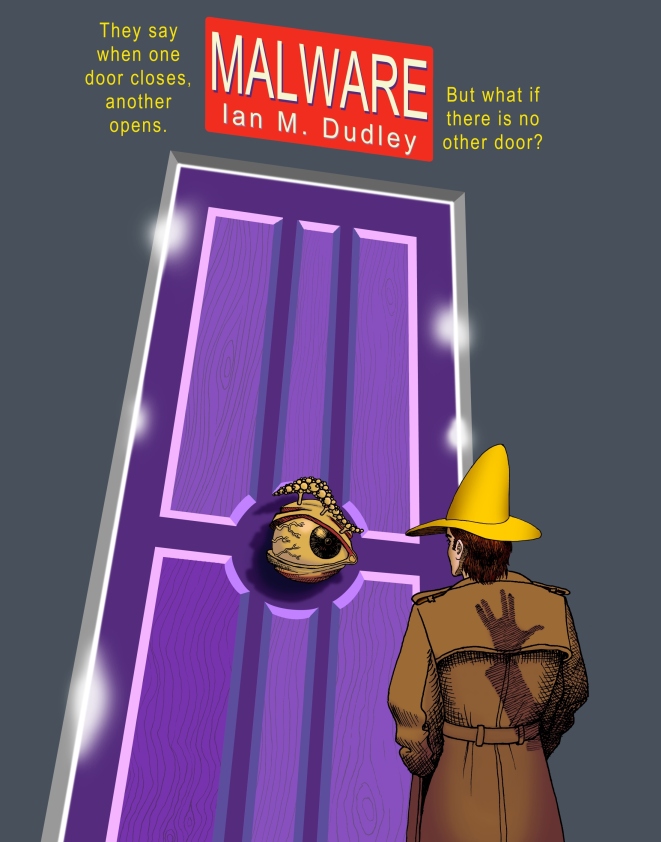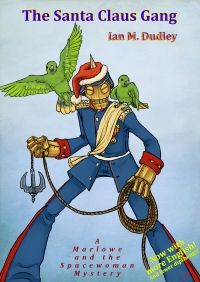It is a well known fact that Ludwig Van Beethoven was deaf by the time he died, most likely due to the high lead content in his ear trumpets (ah, it was a vicious circle, that). What is less well known is that Beethoven was completely illiterate except when it came to writing music.
Beethoven hated literate people. There are numerous documented reports of him walking through a Vienna park, walking stick in hand, and when he came upon some Bohemian-type (the beatniks of his era) stumbling along the path, nose in a book, he would thrust his walking stick between the fellow’s legs and trip him. One police report shows Beethoven arrested for actually clubbing one of these Bohemian readers with his walking stick after the man had the gall to complain about being tripped. If doctors had stitches in those days, it is estimated that Beethoven’s victim would have received at least twenty.
These facts make the strong influence Beethoven has had on contemporary literature all the more surprising.
Jane Austen, widely rumored to be one of Beethoven’s lovers, wrote in a letter to her sister Cassandra on 9 March 1814 that the character of Mr. Darcy in Pride and Prejudice owed more than a few of his attributes to the strong but distant manner of “that dear friend of mine, LVB.” Most scholars agree that LVB referred to Ludwig Van Beethoven.
Who can read Arthur Conan Doyle’s haughty portrayal of Sherlock Holmes and not think of the great composer? Acerbic, craving intellectual challenge, and completely indifferent to the needs of the criminal class. Am I talking about Beethoven or Holmes? Who can tell!
While Henry Miller’s Tropic of Cancer is widely (but erroneously) believed to be autobiographical, the theory has been put forward that in actuality, Miller’s approach to creating his protagonist was to imagine Beethoven had lived in 1930s Paris, and was an author instead of a composer. Certainly the protagonist’s legendary sexual prowess is in line with what we know of Beethoven’s romantic dalliances.
Samuel Beckett commented privately to several close friends that in the first draft of Waiting for Godot, Godot actually arrives at the very end, and is, in reality, Ludwig Van Beethoven. Beckett claims that his inability to articulate the reason for making Godot Beethoven is the reason he eventually bowed to pressure from his publisher to change the ending.
J.D. Salinger confided to a close friend that Holden Caulfield, the protagonist of Catcher in the Rye, was his imagining of what Beethoven would have done had he been a teenager forced to attend prep schools in the 1940s and 50s. Such was his fear that people would realize this connection, that after the book’s publication, Salinger avoided the public eye on the off chance someone might confront him about it.
It is even rumored that J.K. Rowling’s character of Snape in the Harry Potter series is an idealized version of the great composer (which makes sense given that Voldemort is clearly based on that vilest of composers, and a man Beethoven would have hated had they lived at the same time, Gustav Mahler). This Snape / Beethoven connection is less clear cut, however, and is included in this list only for completeness’ sake.
When all is said and done, it is quite amazing that a man so renowned for his hatred of letters and written words should have such a profound impact on Western literature. His royal status in the music world is unquestioned and uncontested (and rightly so), but few are cognizant of the lasting influence his life and the way he led it has had on the books that make up the very fabric of our society. One cannot help but wonder what future literary masterpieces will be created in the shadow of this great, great man. It makes you want to go out and buy all of his CDs again, and spend a month floating in an isolation tank, alternately listening to his music and listening to audio book versions of the aforementioned titles (except for Waiting for Godot – it’s an absolutely awful play that even the presence of Beethoven could not have saved).
What books have you seen the influence of the Great Master in?



